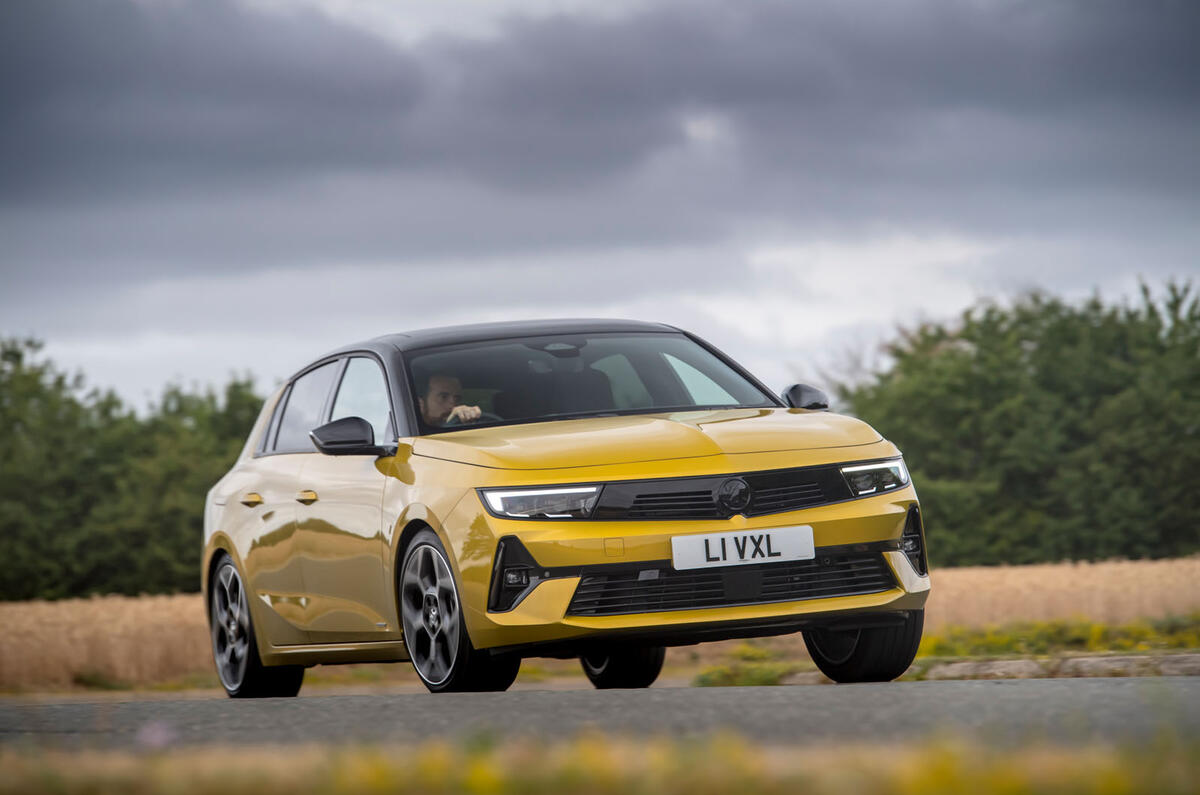Higher-polluting vehicles could be taxed more to encourage the continued take-up of EVs in the fleet sector, according to James Taylor, acting MD and B2B director at Stellantis UK and the person in charge of the fleet strategy of the firm’s brands from Alfa Romeo to Vauxhall.
“There should be a taxation system that incentivises electrification and zero tailpipe emissions. But it could then be cross-funded by the higher-polluting cars so, on balance, it works out the same [to government revenue].”
Stellantis launched its ‘Dare Forward 2030’ strategy earlier this year with a committment to be pure-electric in Europe from 2026 and is in the process of pushing for a 50% reduction in tailpipe emissions from its cars by that date from where it was in 2021.
As a result, Taylor is bullish about any impact on the conglomerate’s fleet sales, should the government decide to slash the benefits around EVs and company car taxes. “We're a leader on electric - as we've seen that we do very well in the segments we're in today, and as we bring more models out, we'll do well in those segments - but also our ICE vehicles are very competitive on CO2 versus their competition. So anything that disadvantages that competition versus us on ICE is also going to be a benefit.”
Taylor feels we’re now in a market that’s “demand led”, where people are asking for EVs rather than being encouraged into them. “We're quickly going to get to the tipping point where the majority of the market is electrified. Because people will think electrified first, ICE second at that point. We're on that roadmap. And I think we'll get there perhaps a little bit quicker than people are expecting.”
To Taylor, EVs will always have an advantage because he can’t see it ever being the case that the tax system will switch from favouring EVs to ICE. That’s not to say he doesn’t want the government to give more assurance on the current tax regime around EVs and benefit-in-kind rates (BIK). “To me, ideally, you want a four-year visibility because a lot of fleet cycles went to four years after the financial crash of 2008.”
He also feels that removing the grant for small cars (the government axed the electric car grant for cars costing under £32,000 in June 2022) has had a negative impact on EV uptake on the retail side of things, a “huge part of the market”.
As Taylor points out, “It’s taken away the argument that [the small EV market] is cost neutral. It was a straightforward, easy proposition to get people to switch. But you can’t say that any more because the [loss of the] grant has made them effectively £1500 more expensive. That’s where I think we need a little bit of thought.”









Join the debate
Add your comment
There is a tax system to incentify EV, it's called Vehicle Excise Duty. Additionally for company drivers, there's something called BIK.
Amd when a gov says no new ICE cars from 2030, then what more encouragement do you need?
Of course they could provide their own incentives - just make their ICE cars more expansive and reduce the price of their EV's.
As a taxpayer, I object to further subsidising someone who has money to spend on a £50,000 car - I'd much rather it go on someone who can't afford to heat their home this winter.
On your VED comment and 2030 we need to make certain the cars being bought now are good for the future. That means fewer combustion engine 4x4 and SUV etc. Bias the tax to make them less attractive. And raise VED. How moving a Chelsea tractor to £4k per year to reduce their resale value and drive the older ones off the road. Oh and move caravans and campervans to the same.
That ought to start pushing drivers to lower pollution vehicles
Then on older vehicles you could pitch the VED to hit high emissions vehicles hard. Also with emissions zones you tax out the worst. Some one running a basic 10 year old golf gets a minor tax rise, someone running a 10 year old Range Rover (or BMW equivalent) a massive tax bill.
You could split it by emissions standard, vehicle weight and fuel type.